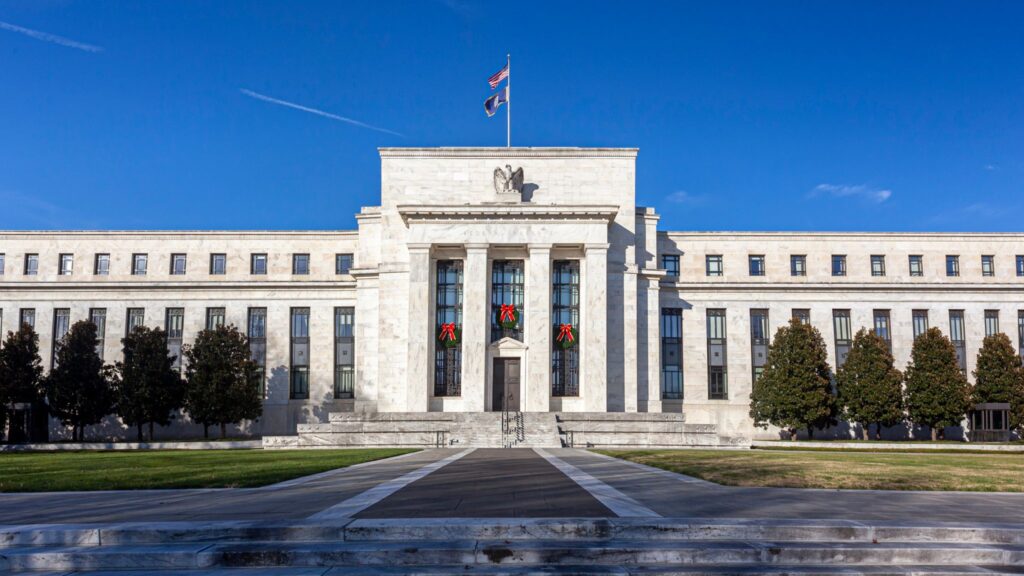The US central bank is widely expected on Wednesday to raise its main interest rate for the tenth consecutive month in the continuing battle against inflation, despite worries over the impact on bank balance sheets.
While higher interest rates are generally good news for bank earnings, the Federal Reserve’s aggressive pace of rate rises in just over a year has also made lenders’ bond holdings less valuable.
A crisis of confidence since March has seen three US lenders fail.
The latest, First Republic, saw the majority of its assets bought by JPMorgan Chase ahead of the market open on Monday.
Shares in many other top regional lenders have suffered since.
It is the pressing issue for Fed chair Jay Powell, who is coming under mounting pressure to signal that the period of rate increases is over despite inflation proving more stubborn to bring down than anticipated.
A 0.25 percentage point rise in its benchmark target rate would take it to its highest level since 2007 of between 5%-5.25%.
Mr Powell will also be mindful that too high a rate risks tipping the economy into recession.
That could be partly driven by a credit crunch due to the turmoil in the banking sector.
Market analysts suggested Mr Powell would be likely to face searching questions over the impact of rising rates on banks as the economy slows.
He is also likely to be asked about the state’s ability to support lenders in the wake of the bank failures to date.
















